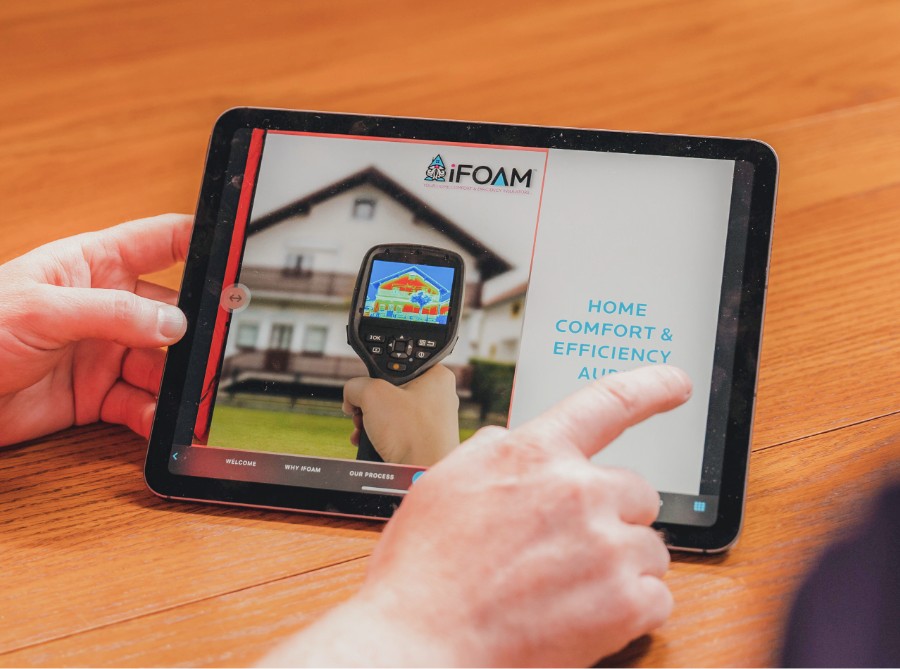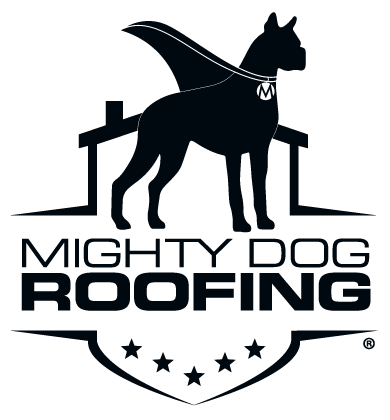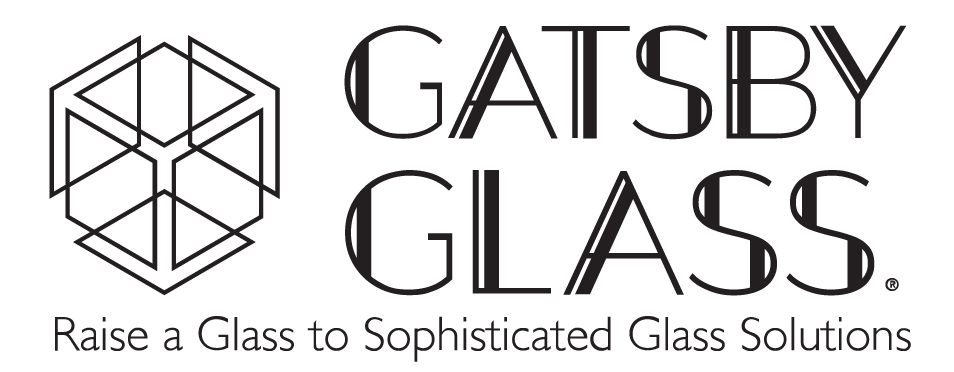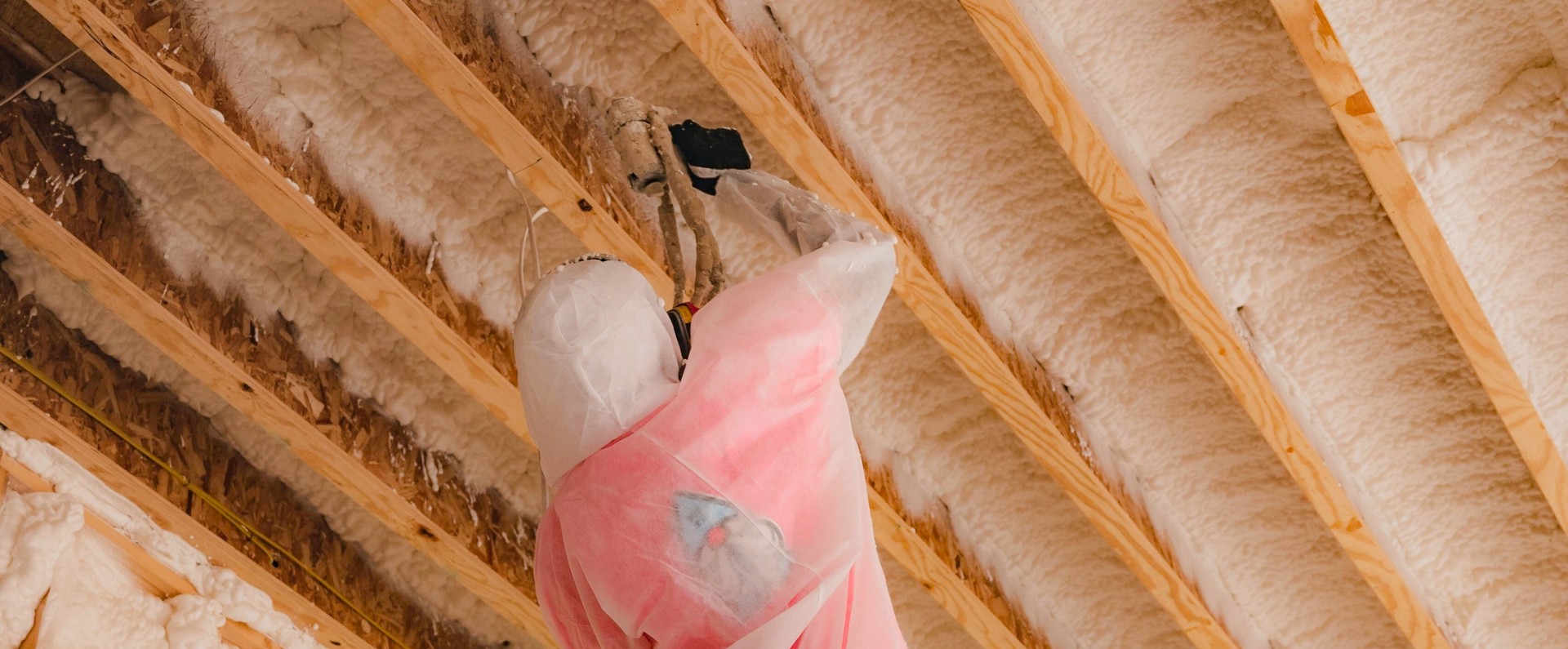
The Insulation Tax Credit
The insulation tax credit, also called the Energy Efficient Home Improvement Credit, allows eligible homeowners to receive a federal tax credit of up to $1,200 annually for upgrades like insulation and air sealing.
iFOAM of Southwest Kansas City can help ensure that your work qualifies for this insulation tax credit. Reach out today to see how much you could save with the insulation tax credit and other available incentives and rebates.
What Is a Tax Credit?
Homeowners sometimes ask us if home insulation is tax deductible. Tax credits and tax deductions are similar tax breaks, but they’re not the same. A tax credit reduces the amount of taxes you owe, while a tax deduction reduces your total taxable income. The insulation tax credit only applies to federal taxes, not state taxes.
How Does the 25C Insulation Tax Credit Work?
The 25C tax credit (25C refers to the relevant section of the IRS tax code) allows you to take a federal tax credit equaling 30% of the total cost for a variety of energy efficiency home upgrades, including qualifying insulation and air sealing expenses. There is an annual maximum credit of $1,200 for the category of upgrades that includes insulation.
Attic insulation, wall insulation, basement insulation, and crawl space insulation all qualify for the credit, as do many different types of insulation materials, as long as certain insulation levels are met. iFOAM will work with you to ensure that your insulation work is eligible.
Benefits of the 25C Tax Credit for Insulation and Air Sealing
Taking advantage of the insulation tax credit means that you’ll see all of the benefits of improving the energy efficiency of your home: lower energy bills, improved home comfort, and a house that’s better for the environment. But there are additional benefits unique to this specific tax credit:
Available to Anyone With Federal Tax Liability
If you pay federal taxes, you can claim your insulation tax credit! This is a national incentive available to any homeowner, unlike many rebate programs.
Can Be Combined With Other Incentives and Insulation Rebates
But if you do qualify for other incentives, the 25C tax credit is a great opportunity for additional savings, making upgrading your home even more affordable.
$150 Credit for Energy Audits
If your eligible tax credit for insulation and air sealing work doesn’t reach the $1,200 annual maximum, you can also take a 30% credit—with a limit of $150—for any energy audit related costs.
Calculated Separately From Heat Pump Upgrades
The 25C homeowner tax credit covers a number of different energy-efficiency upgrades for your home, and insulation and air sealing upgrades are in a separate category from heat pump HVAC systems and heat pump water heaters. This means that you can take both a $1,200 insulation tax credit and a $2,000 heat pump tax credit in the same year, for as much as $3,200 in total tax credit savings!
How to Claim Your Tax Credit
Claiming your tax credit for insulation and air sealing upgrades is straightforward:
- Verify Eligibility: iFOAM will verify with you that the insulation work we’ve done for you meets the criteria for tax credit eligibility.
- Keep Your Receipts: We will also provide you with an invoice breaking down the tax-credit-eligible portion of your work. You’ll need this when you or your accountant goes to file your taxes for the year in which work was done on your home.
- File IRS Form 5695 or consult a Tax Professional:* When you file your taxes, remember your tax credit!
*At iFOAM, we have a tax professional prepare our taxes, and recommend that you do, too. Our goal is to be as helpful as possible in ensuring you get your tax credit, but we’re experts in insulation, not taxes!
Save up to $1,200 in tax credits when you insulate your home with iFoam of Southwest Kansas City. Call (913) 347-6697 or contact us online today to learn more.
-
STEPSchedule a Free AssessmentDuring your free in-home assessment, we’ll evaluate insulation levels and provide honest recommendations for improvement. We’ll leave you with a free estimate to know just what to expect, and we’ll answer all your questions.
-
STEPLet Our Team InstallThanks to our simple and easy installation process, your new insulation system will be installed before you know it! They’ll make sure to get the work done efficiently, accurately, and with minimal disruption to your daily routine.
-
STEPEnsure QualityWith the help of advanced testing techniques and proprietary technology, our team can accurately measure and diagnose insulation performance in any home, ensuring your new installation is working at its best and you’re free of other issues.
-
STEPCleanupBefore we leave, we’ll make sure to clean up any mess created during the installation process. We take pride in leaving our customers’ homes as clean as we found them.
-
STEPFinal InspectionTo finish off our service, we’ll conduct a final inspection to ensure your satisfaction with the installation process and the results. We want to make sure you’re getting the most out of your investment and feeling comfortable in your newly insulated space.
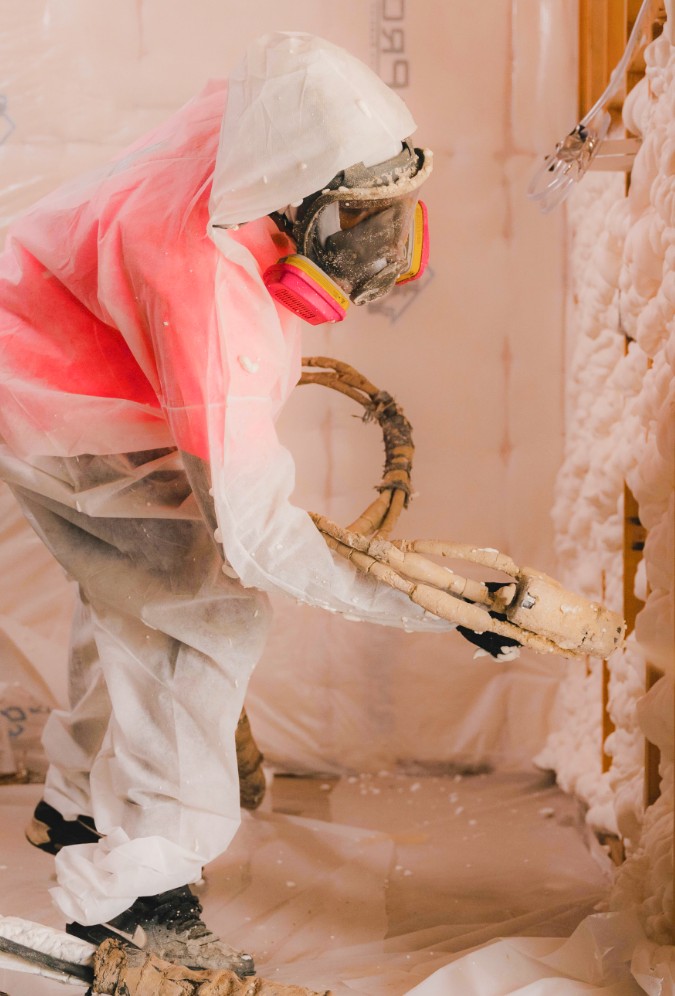

-
How Do I Know If My Home Needs New Insulation?
Here are several signs that your home may need new insulation:
- Frozen Pipes
- Uneaven Temperatures Throughout Your Home
- Cold Floors
- High Energy Bills
- Drafts Around Windows and Doors
- Ice dams
Finally, consider the age of your insulation:
- Batt/Fiberglass. Fiberglass insulation should last roughly 7-10 years.
- Cellulose. Blown-in cellulose should last roughly 10-15 years.
- Spray Foam. Spray foam should last 80-100 years, or the age of the house (as long as it was installed properly).
Our experts can provide an accurate assessment of the state of your home’s insulation. We'll consider your energy efficiency with state-of-the-art technology and years of industry know-how.
Give us a call to book your free consultation!
-
Why Use Spray Foam?
Spray foam has been rated to have the highest efficiency and R-value when compared to other insulation (like batt fiberglass).
Furthermore, spray foam's intuitive design allows it to create an airtight seal even in tricky and problematic spaces. It has been proven to keep out air pollutants and help soundproof buildings.
Visit our blog to learn about spray foam's benefits and why its a great choice for your home.
-
How Much Will My Installation Cost?
Prices vary from project to project. For an accurate assessment tailor-made to your home's needs, give our team a call today! You can also discover additional insights on why spray foam is worth the cost by visiting our blog.
